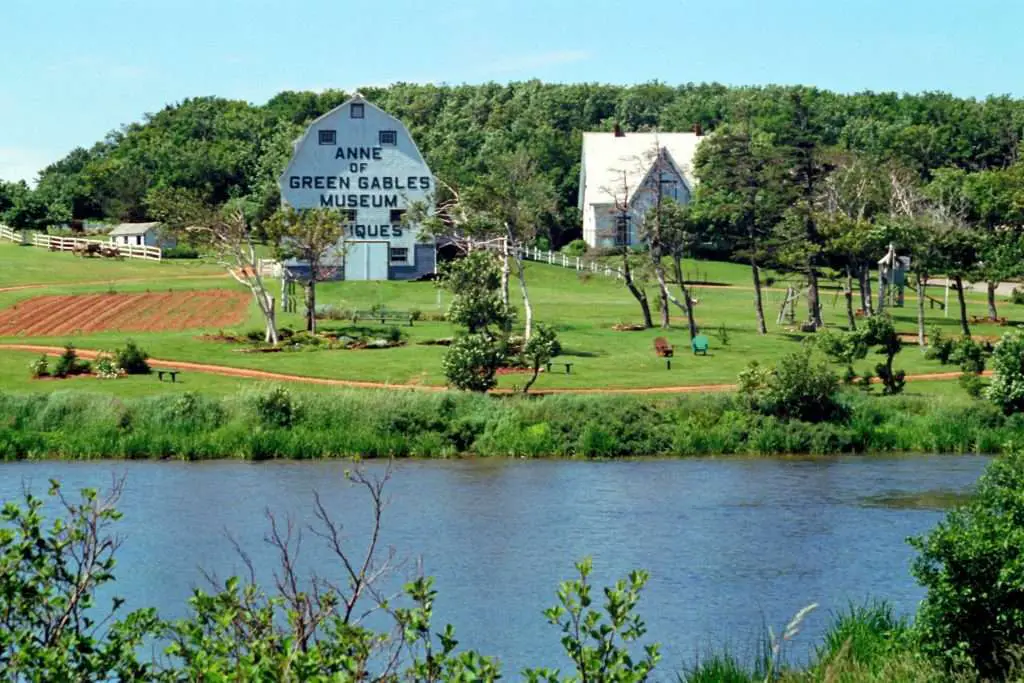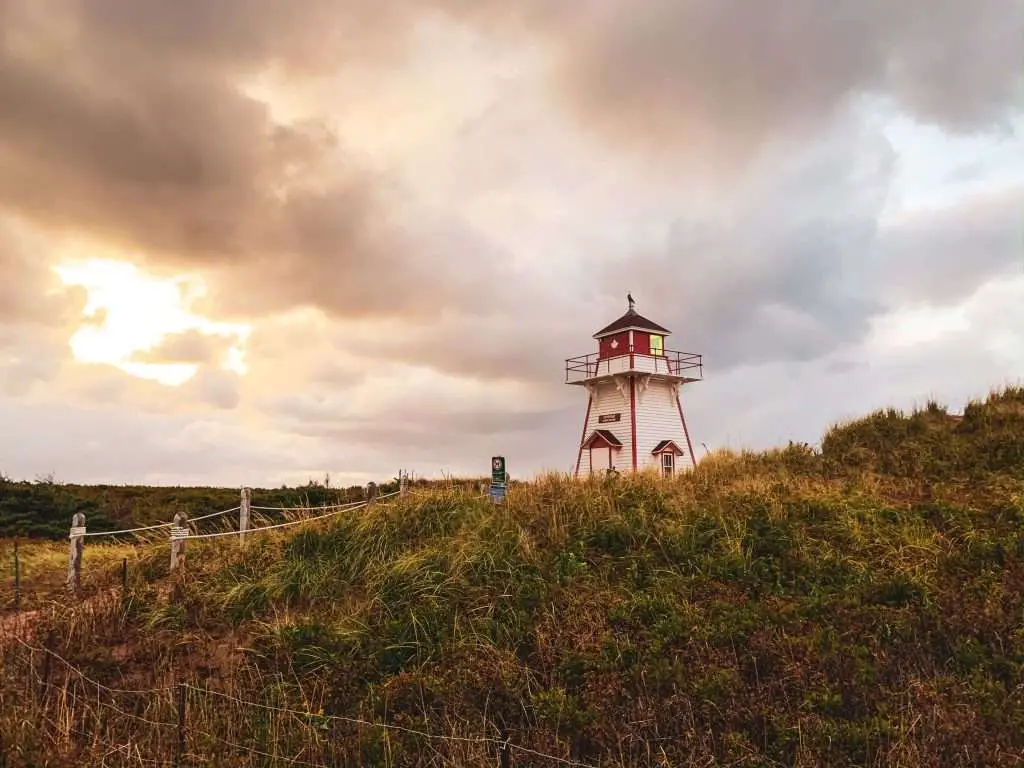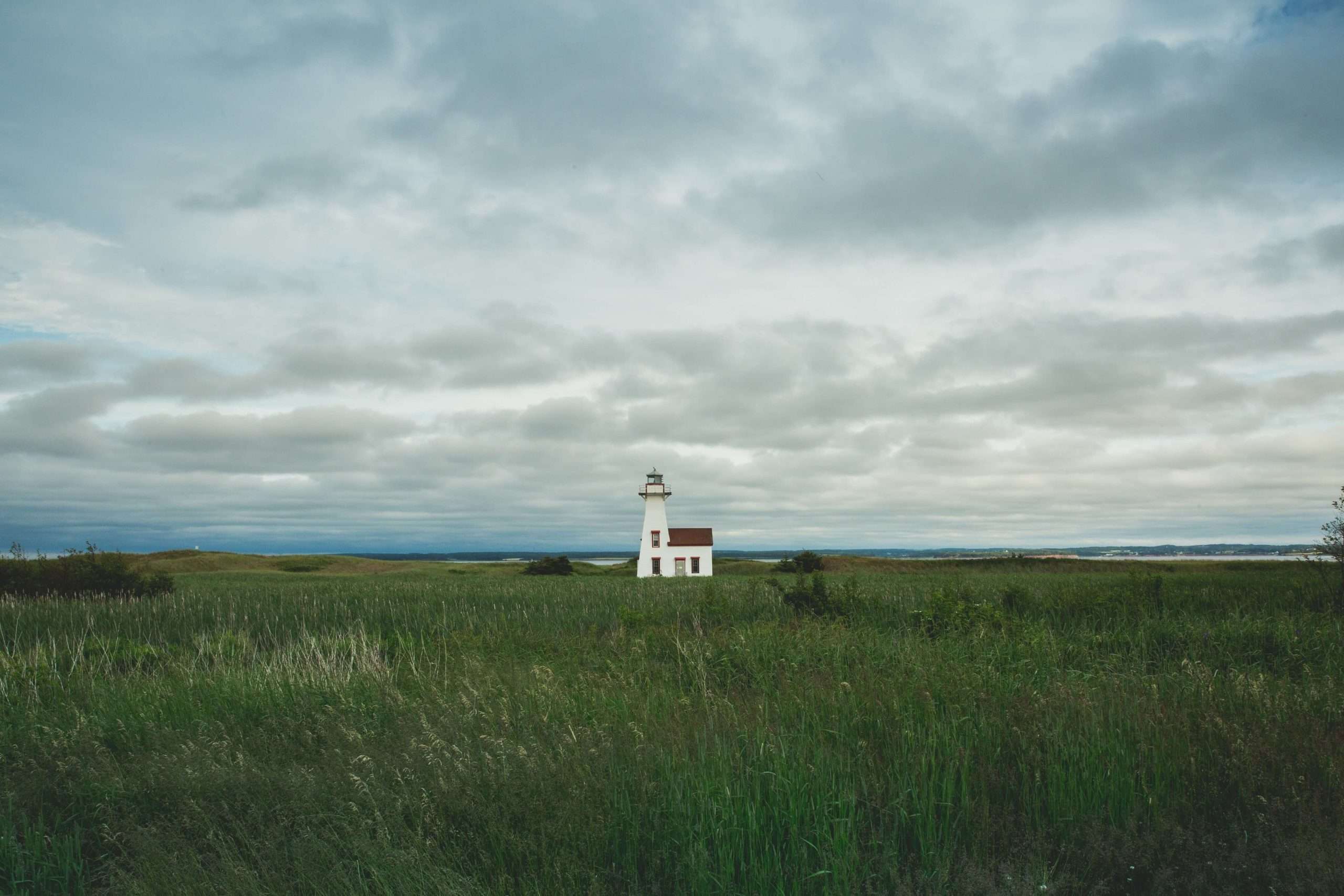Looking to escape the bustling city life and immerse yourself in a peaceful rural haven? Look no further than Prince Edward Island, a small province in eastern Canada that offers the perfect setting for living off the grid. With its legally-permitted off-grid lifestyle and a range of incentive programs, Prince Edward Island provides a unique opportunity for those seeking a simpler way of life. Enveloped by a maritime climate characterized by mild summers and cold winters, the province’s rural landscape is dotted with farms and small cities. From growing crops like potatoes, corn, barley, and oats to harnessing solar power and wind turbines for energy, Prince Edward Island truly embraces self-sustainable living. However, it’s important to consider the relatively higher cost of living, limited job opportunities, and potential isolation that comes with this idyllic lifestyle choice. So, if you are ready to trade the hustle and bustle for the tranquility of the countryside, Prince Edward Island may just be the rural paradise you’ve been dreaming of.
Living off the grid in Prince Edward Island
Living off the grid in Prince Edward Island offers a unique opportunity to embrace a simpler lifestyle while enjoying the beauty and serenity of the province’s rural environment. As you explore this option, it is important to consider various aspects such as the legality and support for off-grid living, the rural environment, the maritime climate, abundant crops, freshwater resources, diverse wildlife, alternative energy sources, the cost of living, job market and industries, and the environmental challenges you may face.
Legality and support
In Prince Edward Island, living off the grid is legally permitted, providing individuals with the freedom to disconnect from public utilities and live a self-sustaining lifestyle. Furthermore, the province offers incentive programs to support off-grid living initiatives. These programs provide financial assistance, resources, and guidance to help individuals and communities transition to an off-grid lifestyle successfully. Additionally, the government provides assistance in terms of regulations and permits, ensuring that off-grid living is safe and compliant with building codes.

Rural environment
Prince Edward Island is known for its rural landscape, featuring small cities and an abundance of farms. This setting allows off-grid individuals and communities to thrive in a peaceful and close-knit environment. The communities in Prince Edward Island embrace a simpler lifestyle, prioritizing connection with nature and fostering a strong sense of community. Living off the grid in this rural environment can offer a sense of tranquility and fulfillment that may be lacking in more urbanized areas.
Maritime climate
The climate in Prince Edward Island is classified as maritime, characterized by mild summers and cold winters. The province experiences moderate temperatures during the summer, with average highs around 23-25 degrees Celsius (73-77 degrees Fahrenheit). Winters, on the other hand, can be quite cold, with average lows reaching -8 degrees Celsius (18 degrees Fahrenheit). It is important to be prepared for these weather patterns when living off the grid, ensuring that you have appropriate heating and cooling systems in place to maintain a comfortable living environment.

Abundant crops
Prince Edward Island boasts fertile soil, making it an ideal location for agriculture. The province is particularly famous for its potato crops, producing high-quality potatoes that are exported worldwide. In addition to potatoes, other crops grown in Prince Edward Island include corn, barley, oats, and various fruits and vegetables. This abundance of crops not only provides off-grid individuals with the opportunity to grow their own food but also opens up agricultural opportunities for those interested in sustainable farming practices.
Freshwater resources
Water is a crucial resource for off-grid living, and Prince Edward Island offers an abundance of freshwater resources. The province experiences significant rainfall and snowfall throughout the year, ensuring a renewable supply of water. Additionally, Prince Edward Island is home to numerous rivers and lakes, further expanding the availability of freshwater. It is important for off-grid individuals to implement water collection and purification systems to sustain their water supply and ensure its usability.
Diverse wildlife
Prince Edward Island is teeming with diverse wildlife, providing off-grid individuals with the opportunity to appreciate and coexist with nature. The province is home to a variety of bird species, including migratory birds that pass through during different seasons. Other wildlife on the island includes beavers, hares, foxes, raccoons, and many more. Living off the grid allows you to observe and appreciate these natural habitats up close, fostering a deep connection with the natural world.
Alternative energy sources
Living off the grid in Prince Edward Island requires alternative energy sources to meet your power needs. Solar power and wind turbines are common methods of generating electricity in the province. With ample sunlight and consistent wind patterns, these renewable energy sources provide a sustainable and environmentally friendly solution to power requirements. By relying on alternative energy sources, off-grid individuals contribute to the reduction of carbon footprint and minimize their impact on the environment.

Cost of living
When considering living off the grid in Prince Edward Island, it is essential to consider the cost of living. While the cost of living in the province is generally slightly higher than the national average, the off-grid lifestyle can offer cost-saving opportunities. By generating your own power, growing your own food, and reducing reliance on public utilities, you can substantially lower your expenses. It is crucial to carefully budget and plan for the off-grid lifestyle, considering factors such as housing, food, water, and other essential needs.
Job market and industries
It is important to research the job market and industries in Prince Edward Island before deciding to live off the grid. While the province offers various job opportunities in industries such as agriculture, fishing, manufacturing, healthcare, renewable energy, and tourism, it is important to note that the unemployment rate is around 7-8%. Additionally, the economy in Prince Edward Island is seasonal, with some industries experiencing fluctuations in employment opportunities. Considering the limited job market and potential isolation, it is advisable to have a sustainable source of income or the ability to work remotely when pursuing off-grid living in the province.
Environmental challenges
Living off the grid in Prince Edward Island comes with its share of environmental challenges that must be considered and mitigated. The province is prone to floods, storms, blizzards, and occasional hurricanes, which can pose risks to off-grid individuals and their homes. It is crucial to prepare for these emergencies by implementing appropriate safety measures and building resilient homes that can withstand extreme weather conditions. Additionally, factors such as the island’s size and isolation may present challenges in terms of accessing necessary resources and services. Proper planning and preparedness are essential to navigate these environmental challenges successfully.
Living off the grid in Prince Edward Island offers a unique and rewarding lifestyle for those seeking to embrace self-sustainability, appreciate nature, and build close-knit communities. By understanding the legality and support for off-grid living, the rural environment, the maritime climate, abundant crops, freshwater resources, diverse wildlife, alternative energy sources, the cost of living, and the job market and industries, you can make informed decisions and embark on a fulfilling off-grid journey in Prince Edward Island.



